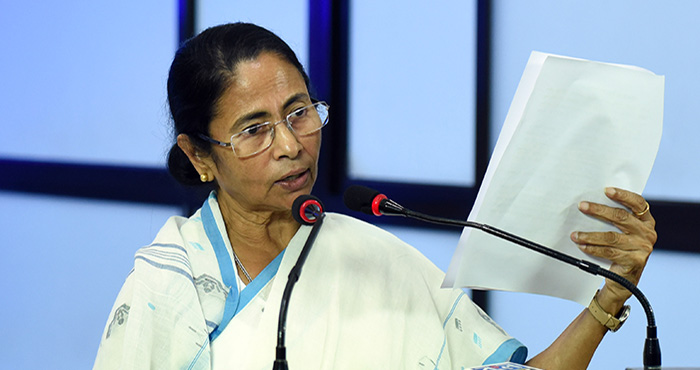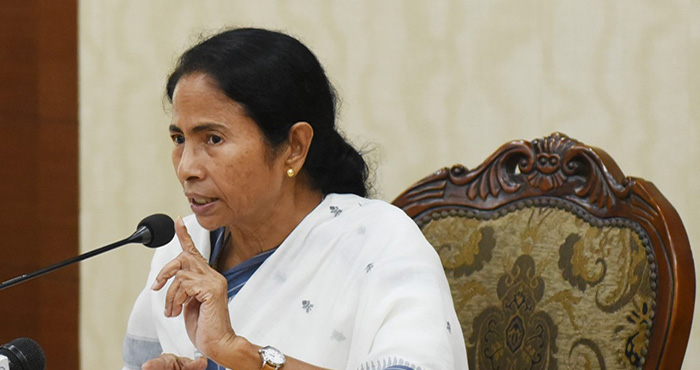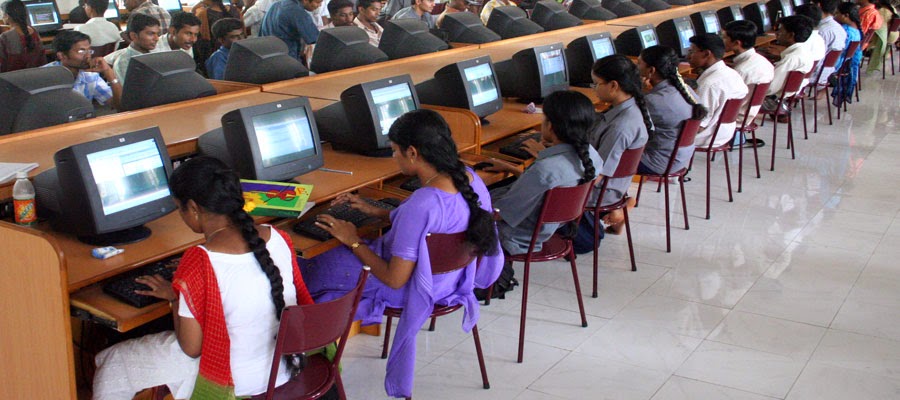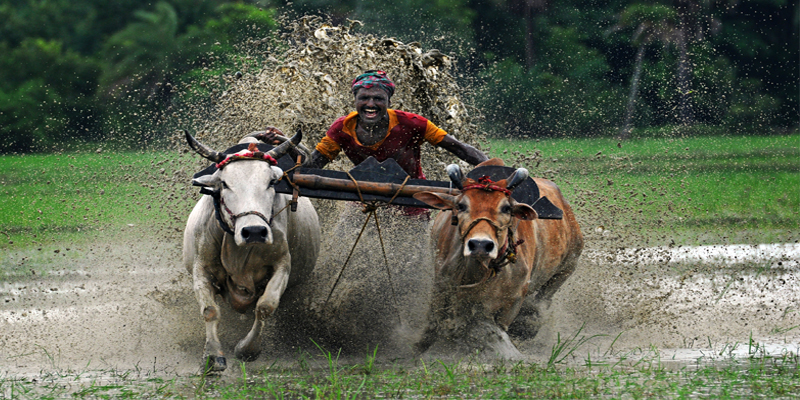The Trinamool Congress Government has always stressed on the need for voluntary donation of blood. Through the year the party conducts, through its various frontal organisations and wings, blood donation camps across all the districts, including in Kolkata.
The State Government also encourages various clubs, NGOs and even corporate to organise and participate in blood donation efforts.
At certain times of the year, like during the hot summer months, there is an extra need for blood. Hence during this time more camps are organised.
During the sixth anniversary celebrations of the Trinamool Congress Government last year, a blood donation camp was organised at the state secretariat, Nabanna on May 27. Similar camps were organised in all the districts, down to the panchayat level, and also at police stations. Various clubs had also participated.
The State Government has also been steadily improving the infrastructure of blood banks. Last October, Chief Minister Mamata Banerjee had inaugurated three more blood banks – two in south Bengal and one in the north. The blood banks were set up in Panskura in Purba Medinipur district, Gopiballavpur in Paschim Medinipur district and Chanchal in Malda district. All the three are located inside multi super-speciality hospitals, a brainchild of the Chief Minister.
With the completion of these three, the number of State Government-run blood banks has risen to 70. Combined with private blood banks, the total number is 131.
To cater to the increasing demand for blood components, like plasma, platelets, etc., the Government set up four more platelet separation units last year – at Nadia and Asansol District Hospitals, Cooch Behar MGN Hospital and Murshidabad Medical College Hospital – bringing the total number of component separation units in State Government hospitals to 17.
Then, information about supplies of blood in the blood banks of Bengal, be they Government or private – how many units of which blood group are available – can now be had online. This service, called e-raktkosh, [may hyperlink http://www.eraktkosh.in/BLDAHIMS/bloodbank/nearbyBBRed.cnt] facilitated by Chief Minister Mamata Banerjee, was also inaugurated last year.
Kolkata Municipal Corporation (KMC) has also set up its first blood bank – at 242, Kalighat Road. This step is meant to help not only the city residents but people from all over the State, especially the poor, who cannot afford high prices.










